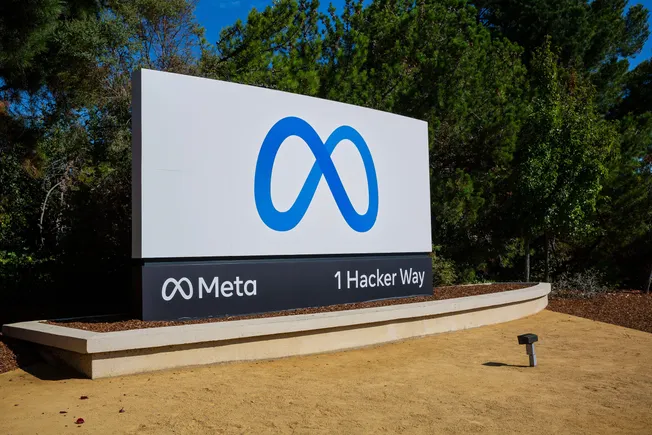TL;DR Summary of Dutch Court Rules Meta Must Offer Non-Algorithmic Feed Options Under EU Digital Services Act
Optimixed’s Overview: How EU Regulation Could Redefine User Control Over Social Media Feeds
Background on the Dutch Court Ruling and EU Digital Services Act Requirements
The recent decision by a Dutch court requires Meta to comply with Article 27 of the EU Digital Services Act (DSA), which mandates transparency and user control over recommender systems on online platforms. Specifically, Meta must provide a direct and easily accessible option for users to choose and modify their feed preferences, including a purely chronological timeline.
Meta’s Current Feed Design and Business Model Considerations
- Meta offers a chronological feed but does not allow setting it as the default, knowing most users stay on the algorithmic feed.
- The algorithmic timeline maximizes user engagement and advertising revenue by showing content tailored to user interests and behaviors.
- Non-algorithmic feeds, while preferred by some users, have shown in Meta’s own experiments to reduce overall user satisfaction and engagement over time.
Broader Implications: Algorithmic Amplification and Social Impact
Algorithms prioritize content that drives emotional reactions such as fear and anger, which can increase division and user conflict. Whistleblower Frances Haugen has highlighted how engagement-based ranking incentivizes rage-baiting content, impacting social discourse and news ecosystems negatively. The court ruling, if upheld, could reduce such incentives by forcing default non-algorithmic options, potentially fostering healthier online environments.
Potential Outcomes and Future Moves
- If the ruling stands, Meta must implement a simple opt-out from algorithmic feeds, setting chronological feeds as default in affected regions.
- Meta has declared its intention to appeal, arguing that algorithmic feeds provide better user experience and engagement.
- This case may set a precedent for other regulators targeting algorithm transparency and user choice on social platforms globally.
Ultimately, this ruling reflects growing regulatory scrutiny over social media algorithms and may mark a turning point in balancing business interests with user control and platform accountability.
